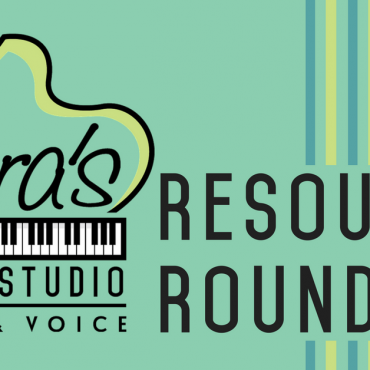When to See a Vocal Specialist
“I am not a voice doctor.” Whenever a student asks me questions about pain or discomfort in their voice, I always make sure to include that phrase with my response. This is a phrase that any voice teacher should learn to say with confidence.
Voice teachers, repeat after me: “I am not a voice doctor.”
(Unless, of course, you actually are a voice doctor and a voice teacher. In that case, kudos to you.)
Why is this phrase so important? First, because as voice teachers we must strive to be aware of vocal issues that go beyond our realm of knowledge. We must admit when we do not know the answer to a question, and we should not hesitate to have our students seek the opinions of specialists.
Secondly, it’s an important phrase that can open up the conversation about when a student should see a specialist, such as an ENT (an ear, nose, throat doctor, or otolaryngologist)or a vocal therapist. If a student suffers from symptoms that consistently interfere with a healthy speaking or singing voice, they should find a specialist who is accustomed to working with vocalists.
If I suspect that a student might need to see someone, I will suggest that they schedule an appointment with a specialist. I might also suggest that they keep a “Vocal Health Journal” to track their progress, and to make note of any reoccurring trends.
Here are a few questions that could be included in a “Vocal Health Journal”:
1) How does my voice feel when I wake up? Mid-day? End of the day?
2) When are my symptoms the strongest?
3) What kind of foods did I eat? When did I eat them?
4) How much sleep did I get? Was it restful?
5) Daily activities: (exercise, walking, etc.)
If a student plans to see a specialist, be sure to communicately clearly with them and/or their parents before and after the appointment. Remind them to ask their specialist about when (or if) they can resume voice lessons, and if they should practice any specific vocal therapy exercises.
While I might not be a voice doctor, I am a voice teacher. Part of a voice teacher’s job is to educate students about keeping a healthy instrument, and sometimes that means sending them to someone else who can answer their questions. Do your part – have a list of reputable (and vocalist friendly) ENTs and vocal therapists near your studio. If you don’t know where to start, try consulting this list: Voice Doctor Physicians List.
Next week: One of the most frequently diagnosed (and misunderstood) vocal disorders: acid reflux.
Stay Tuned — Be sure to SUBSCRIBE to the blog for future updates!
We Love to Share Music Ideas – Follow us on Facebook and Pinterest!






